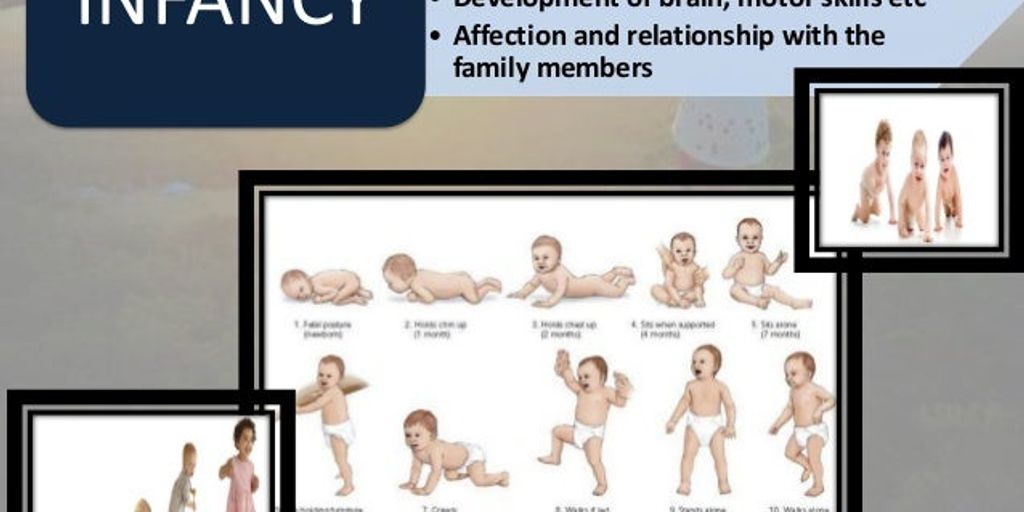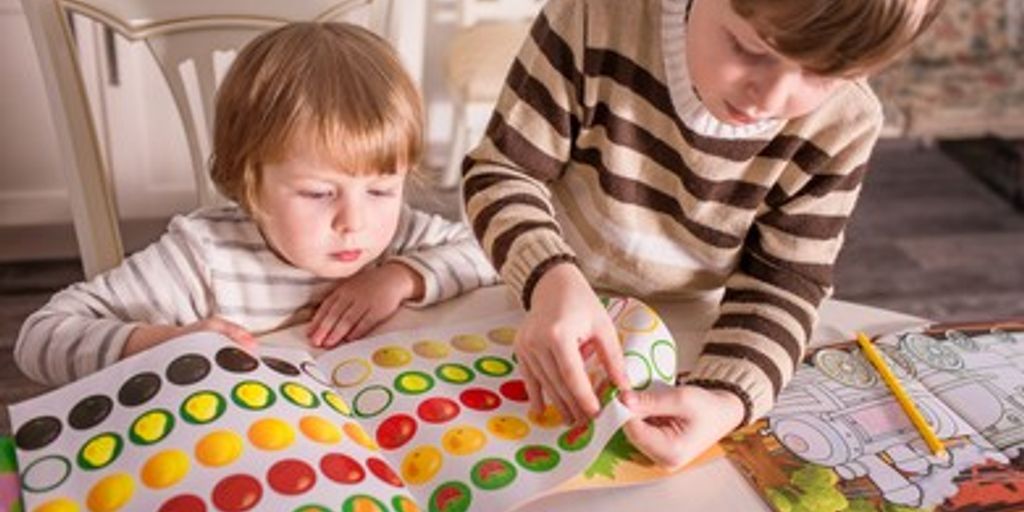
Understanding the stages of child development is vital for every parent. From birth to age five, children go through significant changes that shape their future. These early years are crucial for their health, well-being, and overall life path. By keeping track of developmental milestones, parents can support their child’s growth and address any concerns early on.
Key Takeaways
- The first five years are critical for a child’s development and future success.
- Parents play a crucial role in supporting their child’s early growth and milestones.
- Regular check-ups with a pediatrician help monitor and guide a child’s development.
- Physical, cognitive, social, and emotional milestones mark different stages of growth.
- Early intervention and support can address developmental delays and behavioral issues.
The Importance of Early Childhood Development
Early childhood development is a critical phase that shapes a child’s future. The first five years are especially crucial as they lay the groundwork for learning and growth. During this period, a child’s brain is like a sponge, absorbing information rapidly. High-quality early childhood education and care provide essential opportunities for children to learn and develop.
Brain Development in the First Five Years
The brain undergoes significant changes in the first five years. This period is marked by rapid growth and development, making it a vital time for learning. Parents can support this by providing a stimulating environment that encourages curiosity and exploration.
The Role of Parents in Early Development
Parents play a pivotal role in early childhood development. They are the child’s first teachers and can foster a love for learning through everyday interactions. Simple activities like reading, playing, and talking to your child can have a profound impact on their development.
Key Milestones from Birth to Age Five
From birth to age five, children reach several key milestones. These include learning to crawl, walk, talk, and interact with others. Each milestone is a step towards becoming a well-rounded individual. Monitoring these milestones helps ensure that children are on the right track in their development.
Physical Development Milestones
First Words and Steps
The first words and steps are some of the most exciting milestones in a child’s life. Children reach milestones in how they play, learn, speak, act, and move. Typically, babies start to take their first steps around their first birthday. This is also the time when they might say their first words. These early achievements are crucial as they set the stage for future development.
Potty Training and Motor Skills
Potty training is another significant milestone that usually happens between ages two and three. During this period, children also develop fine motor skills, such as holding a crayon or stacking blocks. These skills are essential for their independence and daily activities.
Growth Patterns and Health Checks
Regular health checks are vital to monitor a child’s growth patterns. Pediatricians use growth charts to track a child’s physical development over time. These charts help ensure that children are growing at a healthy rate and meeting their developmental milestones. It’s important to remember that all children develop at their own pace, but these milestones give a general idea of what to expect as your child grows.
Observing your child’s physical development is an amazing experience. Parents have a front-row seat to witness these incredible changes.
Cognitive Development in Early Childhood
Cognitive development in children, much like emotional and social, is going on in the brain where we can’t really see it. But we can see the results. Cognitive development describes the changes in a baby or child’s ability to think and process the world around them. When babies first discover how to use their hands, or stand up and walk, or fit a shape into a hole, that’s all cognitive development. As preschoolers learn to dress themselves, elementary kids learn to write and type, and adolescents learn to debate a topic, cognitive ability is growing.
Social and Emotional Development
Forming Meaningful Friendships
Children start to develop social awareness during the toddler and preschool years. At this stage, they begin to learn how to share, cooperate, and make friends outside their family. Forming these early friendships is crucial as it helps them understand the basics of social interaction.
Developing Personal Interests
As children grow, their personalities start to shape their social relationships. They begin to express themselves with words, which helps them communicate better with their friends. This is also the time when they start to develop personal interests, which can influence who they like to be around.
Building Emotional Resilience
Emotional development starts early, with babies reacting to more than just hunger or tiredness. As they grow, they learn to control their emotions better. By elementary school, children should have some ability to manage their feelings and form a few non-family friendships. This emotional resilience is key to navigating the ups and downs of growing up.
A huge amount of childhood development is going on in places that we can’t see. They are growing emotionally and socially as much as they are physically, but we can’t measure that with a scale. For this kind of growth, it helps to know what to look for.
Supporting Your Child’s Development

Regular Pediatric Check-Ups
Because your child is changing in many ways that you can’t see, and sometimes in ways that are hard to understand, it’s important to know who can support you and your child. Pediatricians, child development professionals, and community health resources are your partners in making sure your child is growing well and reaching their milestones.
Creating a Stimulating Environment
Once your baby is born, you can support their development in many ways:
- Talk, sing, and interact with your baby as much as possible
- Use colorful, sturdy toys that encourage babies to be curious
- Make sure your baby or child has room to explore their environment safely
- Provide social opportunities to your child, especially with other children
- Get outside to take walks, play on the ground, and enjoy nature
- Encourage your child to explore their own interests as they get older
Parental Involvement and Encouragement
Parents are one of the biggest influences on child development. The love, comfort, and interaction you provide to your child is key to healthy growth and development. You are their first teacher!
Challenges and Solutions in Child Development
Identifying Developmental Delays
Recognizing developmental delays early is crucial. Parents should be aware of common signs like delayed speech or motor skills. Regular check-ups with a pediatrician can help spot these issues. Sometimes, delays might be due to family history or birth order. Working closely with healthcare providers ensures a tailored plan for each child.
Addressing Behavioral Issues
Behavioral problems such as lying, defiance, or too much screen time are common. It’s important to address these issues with patience and consistency. Setting clear rules and consequences can help manage these behaviors. If problems persist, seeking advice from child development professionals can be beneficial.
Seeking Professional Help When Needed
If you notice persistent issues, don’t hesitate to seek professional help. Pediatricians, child development experts, and community health resources are available to support you and your child. They can provide testing, therapy, or strategies to work on at home. Remember, every child is unique, and getting the right help can make a big difference.
It’s essential to understand that your child is growing in ways you might not see. Having the right support can ensure they reach their full potential.
Conclusion
Understanding the key stages of child development is vital for every parent. From the first words and steps to forming meaningful friendships and planning for the future, each stage comes with its own set of milestones and challenges. By staying informed and working closely with pediatricians and child development experts, parents can ensure their children are on the right path. Remember, while every child grows at their own pace, early support and intervention can make a big difference in their overall development and well-being. So, keep learning, stay engaged, and cherish every moment of your child’s growth journey.
Frequently Asked Questions
Why are the first five years of child development so important?
The first five years are crucial because this is when a child’s brain grows the most. These years set the foundation for their health, learning, and overall well-being.
How can I support my child’s early development?
You can support your child’s development by talking, reading, and singing to them. Regular check-ups with a pediatrician also help track their progress.
What are some key milestones in early childhood?
Key milestones include first words, first steps, potty training, and developing early language and motor skills. These milestones can vary for each child.
How do I know if my child is developing normally?
Regular visits to a pediatrician can help monitor your child’s development. They can identify any areas of concern and give you advice on how to support your child’s growth.
What should I do if I notice developmental delays?
If you notice any developmental delays, consult your pediatrician. Early intervention can make a big difference in helping your child catch up.
How important is play in a child’s development?
Play is very important for a child’s development. It helps them learn problem-solving skills, social skills, and boosts their creativity.






